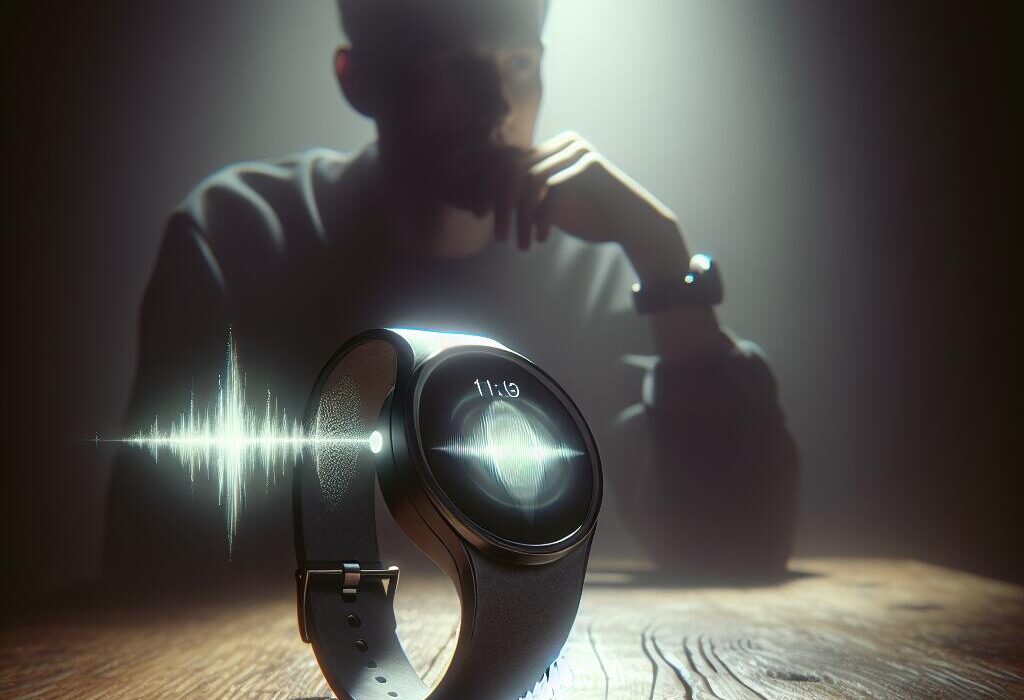
Introduction: The Ubiquity of AI in Wearables
Artificial Intelligence (AI) wearables are increasingly becoming a staple in everyday life. From fitness trackers to smartwatches, these devices are equipped to listen continuously, offering convenience and enhanced functionality. However, this constant surveillance raises significant privacy concerns.
The Role of AI Wearables in Daily Life
AI wearables are designed to make daily tasks more efficient. Here’s how they are used:
- Fitness Tracking: Monitoring steps, heart rate, and overall activity levels.
- Voice Commands: Allowing hands-free control over devices.
- Health Monitoring: Observing vital signs like blood pressure and blood sugar levels in real-time.
As they evolve, these wearables are poised to become even more integrated into our daily routines.
Privacy Concerns Arising From Always-On Listening
Understanding the Risks
The convenience of AI wearables comes at the potential cost of privacy. Constant listening can lead to:
- Data Leakage: Sensitive information may inadvertently be recorded.
- Eavesdropping Vulnerabilities: Malicious entities could potentially access these devices.
- Personal Privacy: Continuous surveillance can infringe on personal boundaries.
How Companies Are Addressing Privacy
Leading tech companies are developing measures to mitigate these risks, including:
- Transparent User Agreements: Clarifying what data is collected and how it is used.
- Enhanced Security Protocols: Implementing stronger encryption and secure data storage.
- User-Controlled Settings: Allowing users more control over the functionality of their devices.
Learn more about AI technology and privacy.
Future Implications and Developments
The future of AI wearables is heavily influenced by ongoing advancements and societal reactions. Key developments include:
- Enhanced AI Capabilities: As AI technology evolves, wearables will become more intuitive and useful.
- Regulatory Changes: Increasing concerns about privacy may lead to stricter regulations on data collection and use by wearable devices.
- Public Awareness and Choice: More informed consumers can drive demand for devices that respect user privacy and provide valuable functionalities.
FAQs
Are there ways to disable the listening feature on my device?
Yes, most wearable devices offer settings that allow users to disable the microphone or control when the device is listening.
Can AI wearables record conversations without my consent?
Most AI wearables require user permission to record specific data. However, always check your device’s privacy settings and terms of use.
How can I protect my data collected by AI wearables?
Opt for wearables that offer robust security features and regularly update your device’s software to protect against vulnerabilities.
Summary
AI wearables that continuously listen have become intertwined with modern life, promising remarkable benefits while presenting significant privacy challenges. As technology progresses, both consumers and manufacturers must navigate these issues carefully to fully harness the potential of AI wearables.
For further details, please consult the original article on which this discussion is based.
